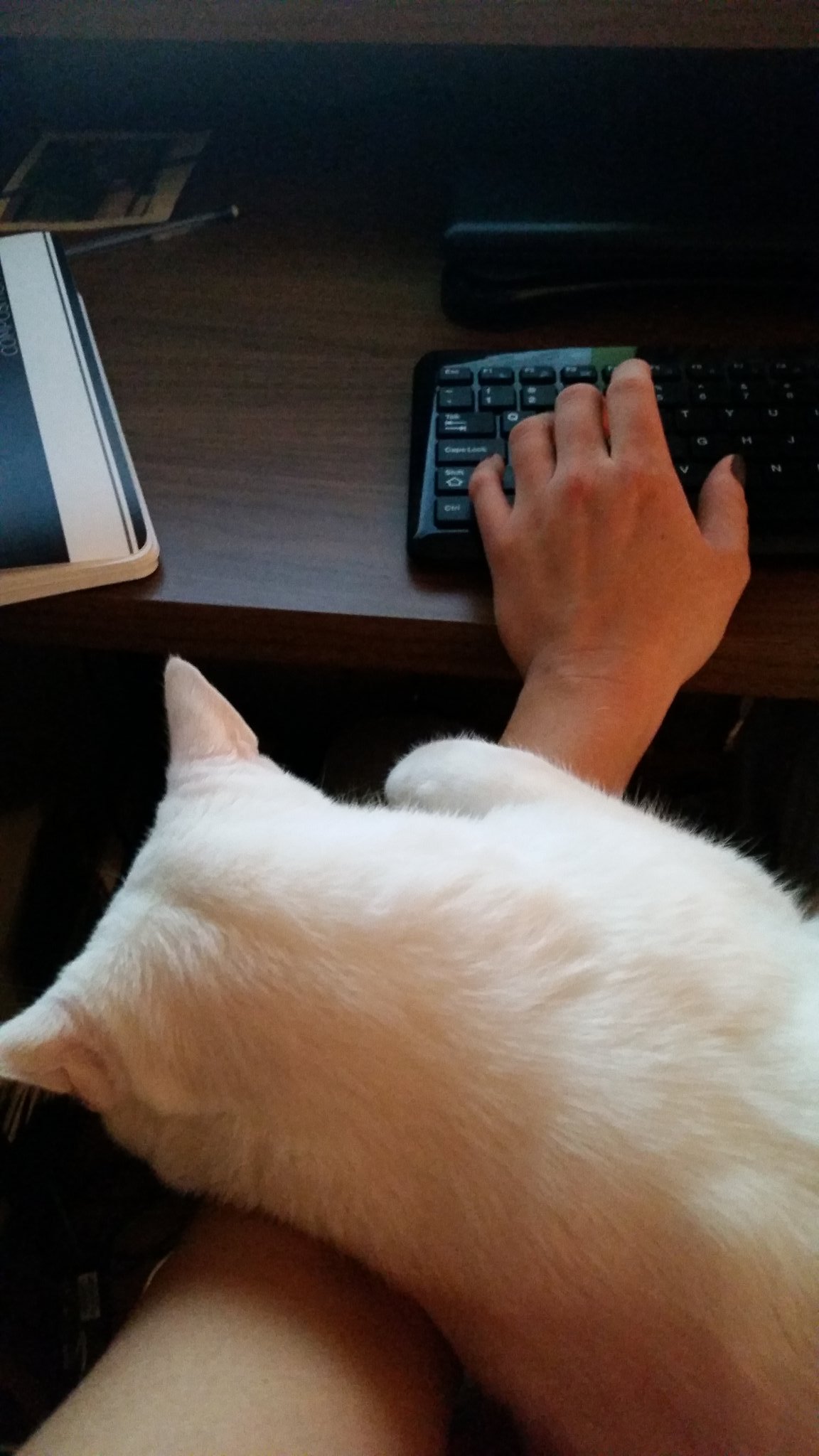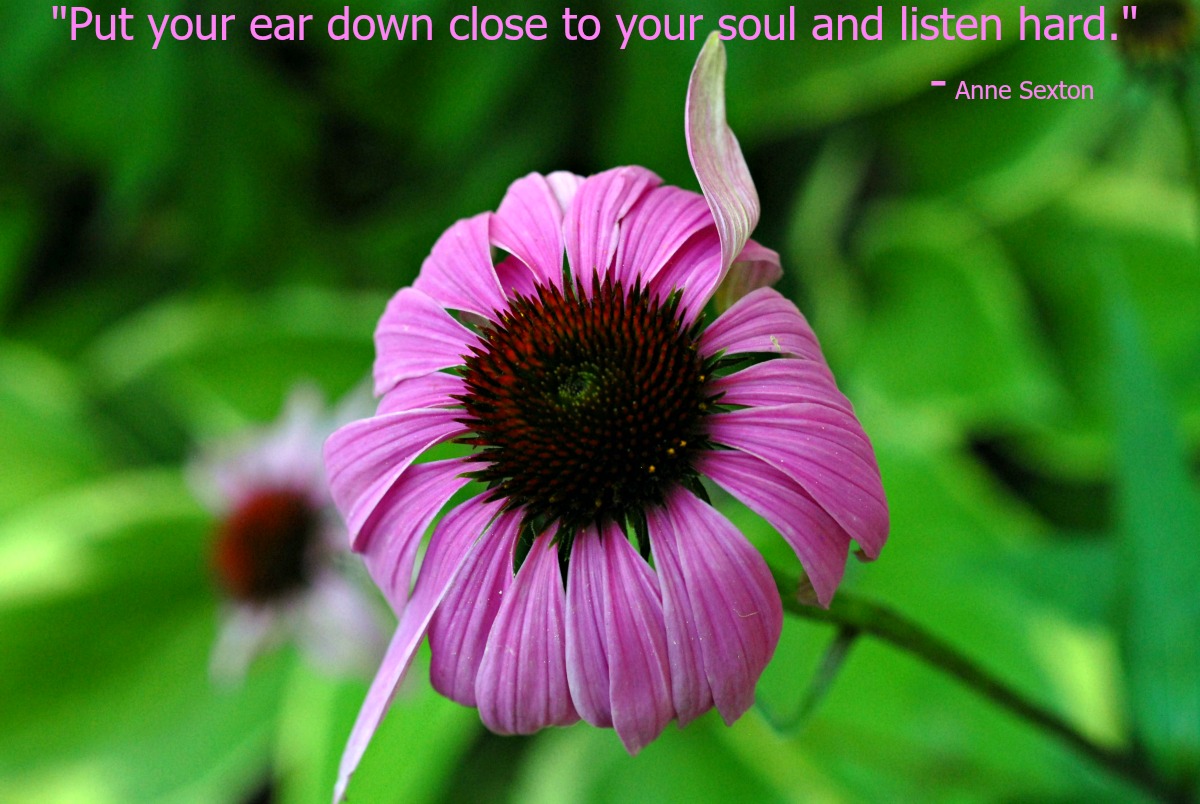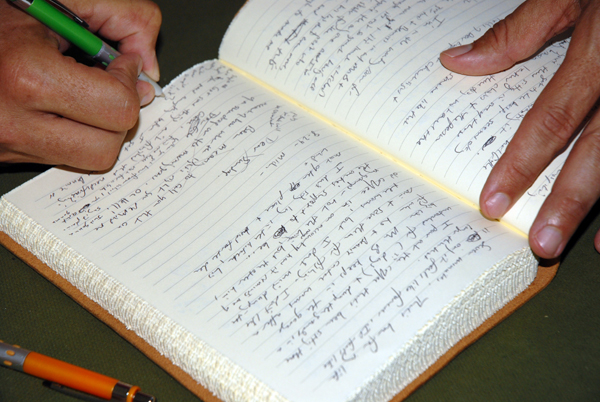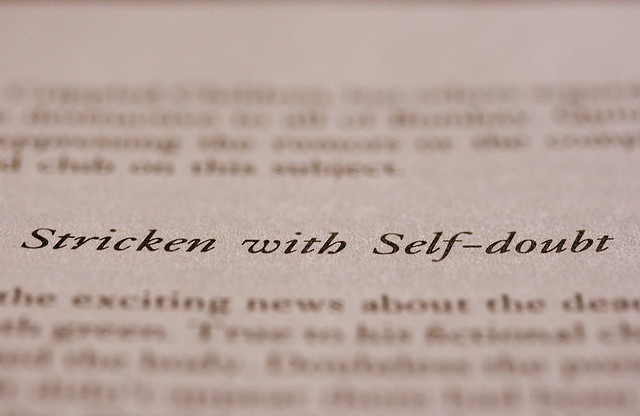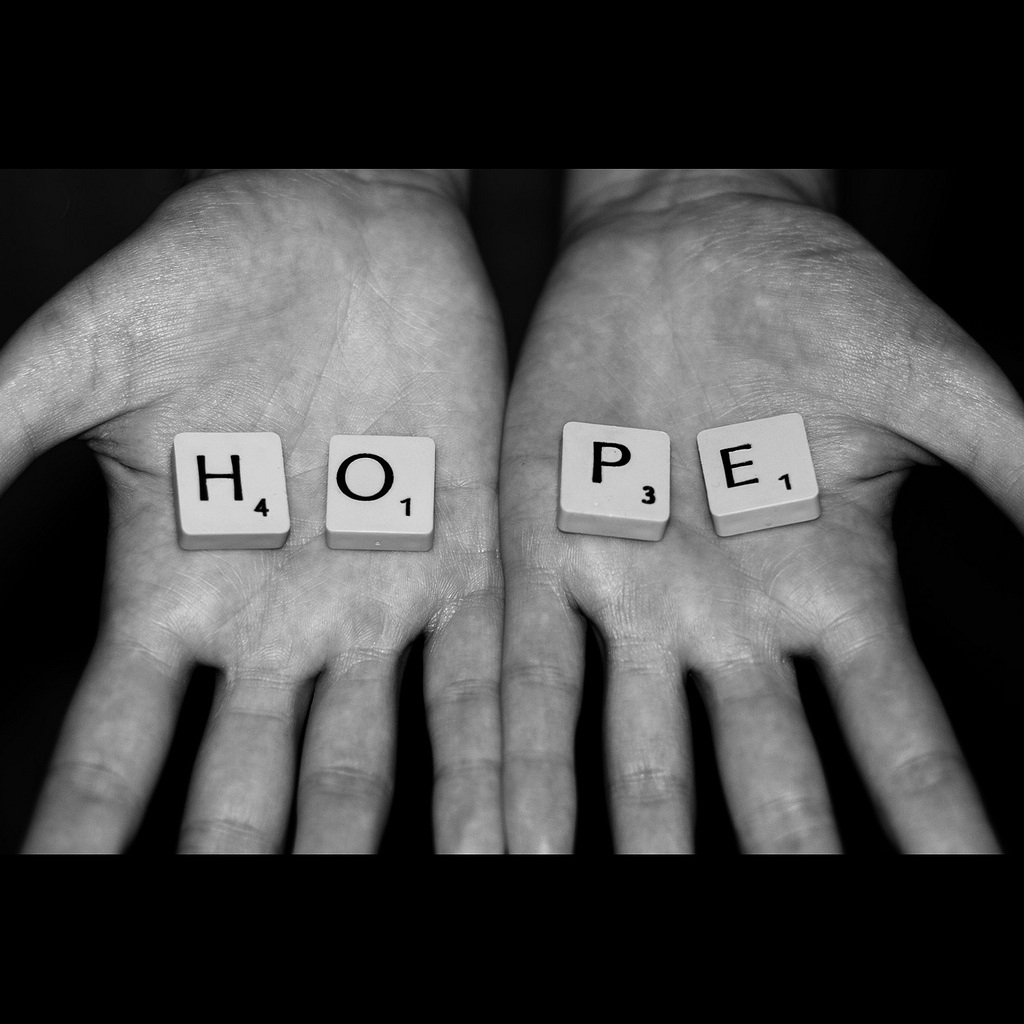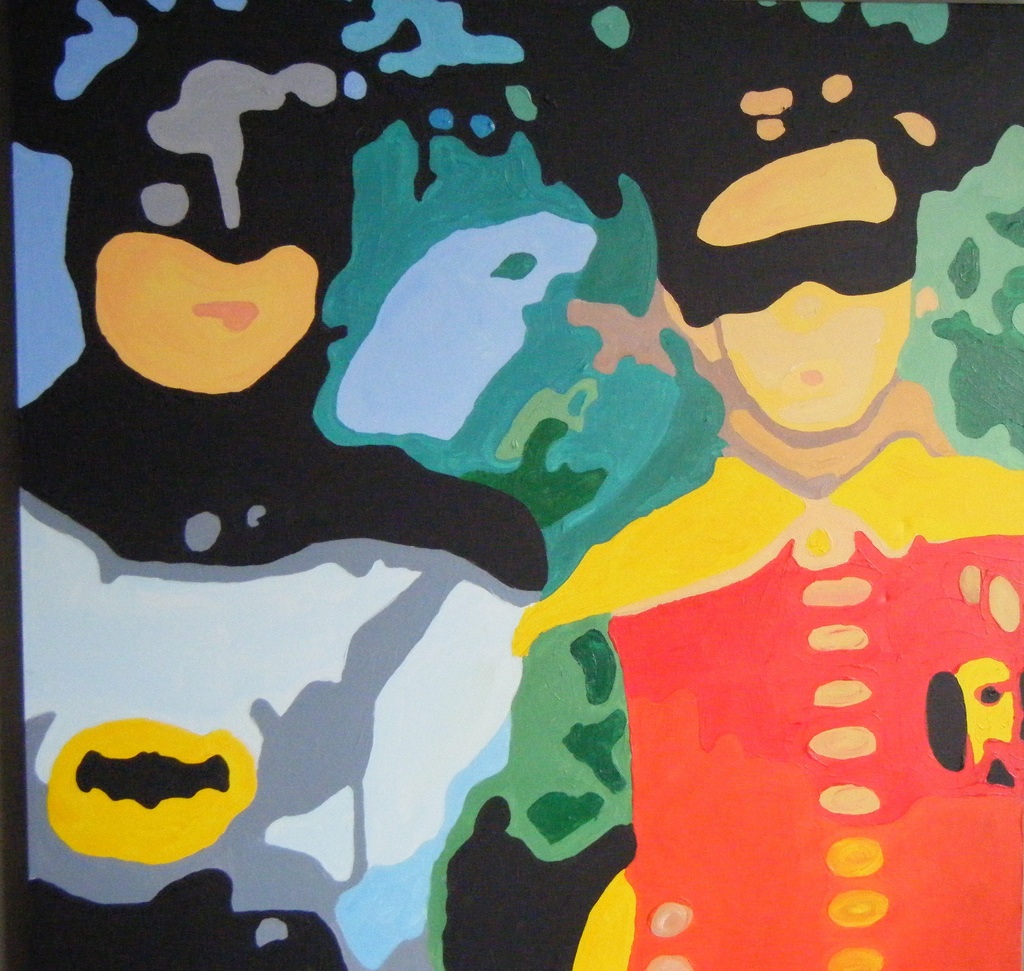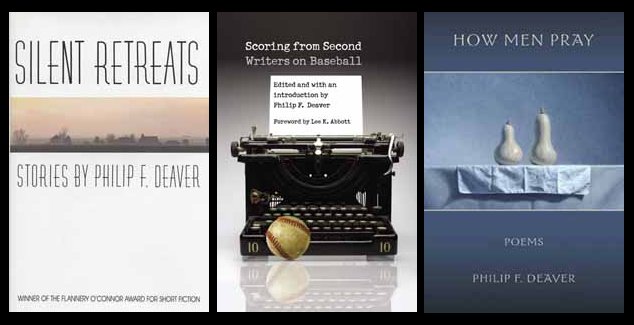“What you see and what you hear depends a great deal on where you are standing. It also depends on what sort of person you are.” – C. S. Lewis
Cincinnati native, Jessica Evans and I share a few things in common that stretch beyond a love of words. Yes, we both have MFAs in writing from Spalding University, and we both write poetry, as well as fiction. Yet early on, it seems, Jessica began to examine the ways in which “life is impacted by socioeconomic status.” She was standing at a particular place of experience, and she chose to look, to notice, to see things others may have overlooked . . . to consider and try to perceive life for those standing in a different place of experience.
This aspect of her character, this reflection of the sort of person she is, and as a result the sort of writer she is, resonated with me as I am compelled to explore other views, to write about those who are different, misfits, those who live on the periphery, those who have lived lives I can only try to imagine, yet with whom I have much in common. I love exploring what life might be like for these people. Another deep connection I have with Jessica.
That is why I asked her to be a guest blogger on Write Side Up. The post, which is in interview form, appears below. I hope you’ll spend a little time with Jessica here and then explore her website and her work. Her latest book, the novel Hippie Mafia, is set in her hometown of Cincinnati and “examines humanity through an unconventional lens.”
In my humble opinion, those lenses often offer the clearest vision.
Continue reading
